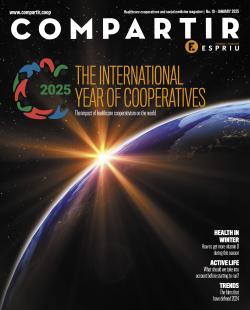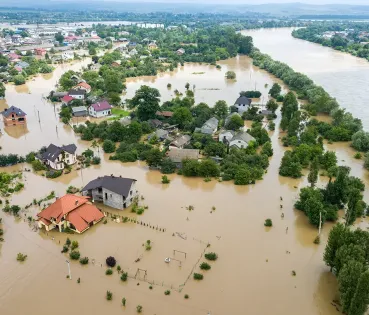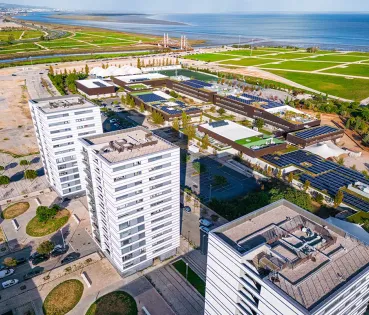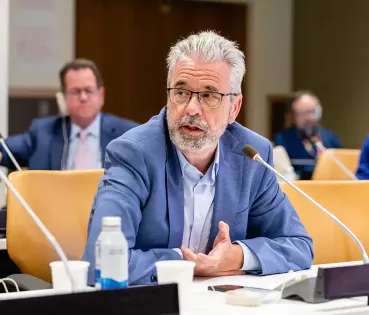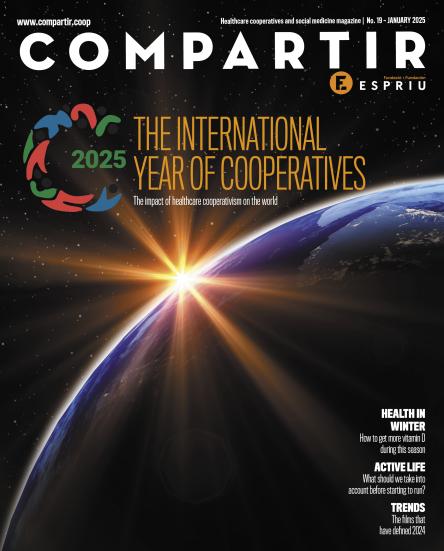
What are COPs and which recent ones have been the most important?
The fight against climate change is the most important challenge facing humanity in the 21st century and the solution to this challenge will necessarily involve large-scale negotiations.
Without detracting in any way from the importance of the actions that each one of us can take individually, the responsibility for implementing structural changes that will improve the climate trajectory we are currently on requires a dialogue involving countries and institutions. The COPs (Conferences of the Parties) are crucial meetings in the fight against climate change; in these forums, countries negotiate to establish measures to curb the rise in global temperatures and protect the planet.
Organised under the United Nations Framework Convention on Climate Change (UNFCCC), which was created in 1992 during the Earth Summit in Rio de Janeiro, their main objective is to ensure that all countries reduce greenhouse gas (GHG) emissions, which is essential to limit global warming. Through this forum, governments are offered the opportunity to discuss strategies and adopt binding or voluntary commitments, according to each country’s capacity.
These meetings have made historic agreements possible, such as the 1997 Kyoto Protocol, which set limits on emissions by industrialised countries, and the 2015 Paris Agreement, which sought to limit the increase in global temperature to 1.5 °C. In addition to their political nature, COPs also include civil society stakeholders, businesses and scientists, fostering global cooperation to address the effects of climate change. Even so, although progress has been made, many challenges remain, such as rising sea levels, desertification and extreme weather events. It is therefore crucial to continue working on these initiatives.
Present and future
In the face of the extreme climatic phenomena that have been experienced regularly in recent years, it is worth insisting on the promotion of this type of multilateral meeting. In 2021, the COP26 summit in Glasgow aimed to renew climate commitments in the wake of the COVID-19 pandemic, focusing on accelerating the phase-out of coal as an energy source, reducing fossil fuel subsidies and promoting financial support for climate initiatives. Even so, it was criticised for a lack of specific action and not enough commitment from some countries.
The following year, in 2022, the COP27 summit was held in Sharm El-Sheikh and set a milestone with the creation of the loss and damage fund, a historically important instrument to finance the countries worst affected by the impact of climate change. Despite this, misgivings were expressed regarding the lack of progress in reducing emissions and the absence of clear targets for decarbonising key sectors such as transportation.
COP28, held in Dubai last year, was somewhat more controversial, although the Paris Agreements were revised to set new international adaptation targets for health, ecosystem and water.
COP29: latest news
At the meeting held in Baku, Azerbaijan, in November 2024, COP29, the main discussion focused on financing energy transitions in developing countries, as well as the creation of a UN-regulated carbon market and the launch of proposals to promote renewable energies.
Ultimately, while COPs are essential for coordinating global action, they have a limited capacity to bring about ambitious agreements and implementation. Nonetheless, the importance of COP meetings as a centre for discussion and global organisation means that its role in the future will remain decisive, making it a key space in the coming years to address the climate challenge we are all facing.
